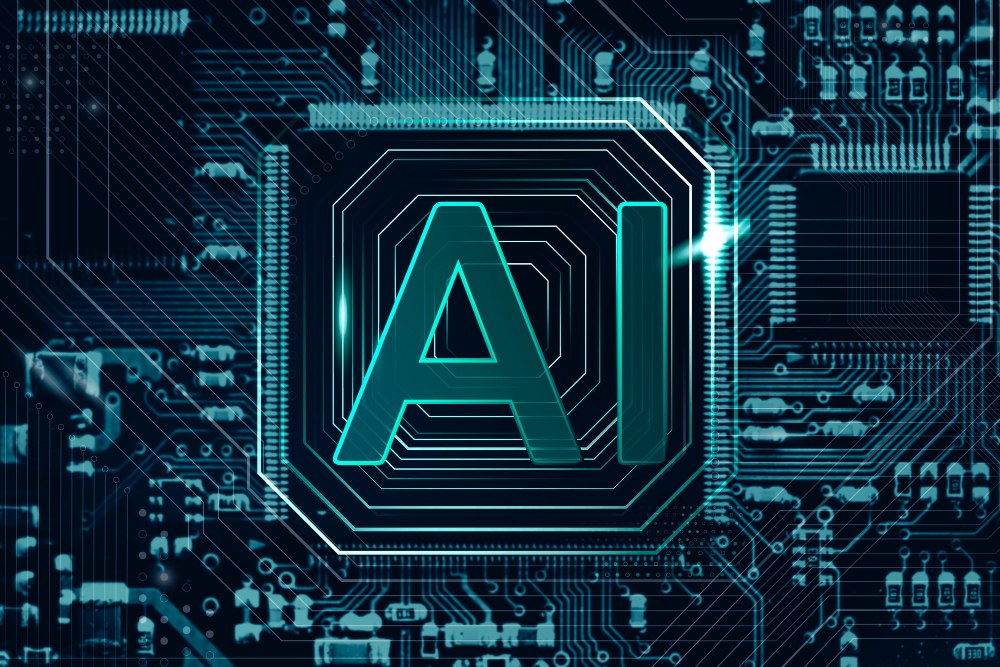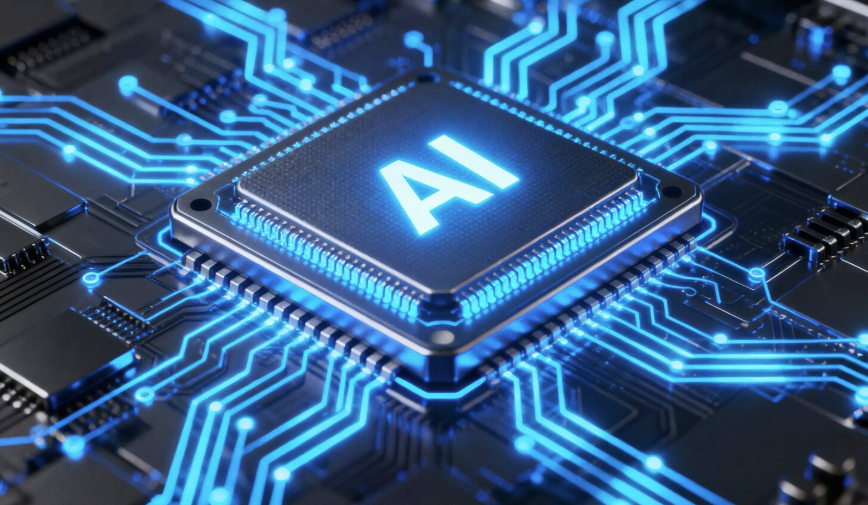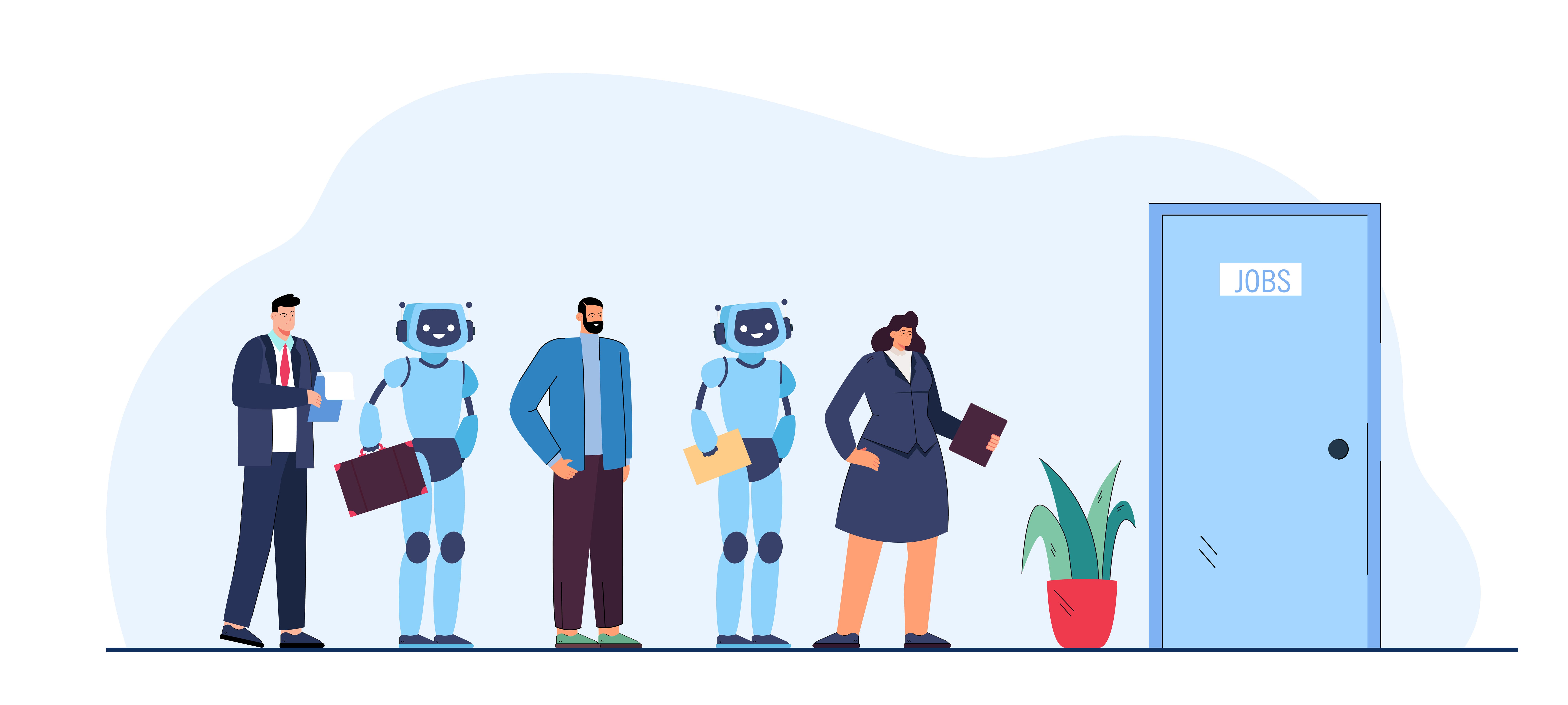Malta’s government is preparing new legal measures to curb the abusive use of deepfake technology, with existing laws now under review. The planned reforms aim to introduce penalties for the misuse of AI in cases of harassment, blackmail, and bullying.
The move mirrors earlier cyberbullying and cyberstalking laws, extending similar protections to AI-generated content. Authorities are promoting AI while stressing the need for strong public safety and legal safeguards.
AI and youth participation were the main themes discussed during the National Youth Parliament meeting, where Abela highlighted the role of young people in shaping Malta’s long-term development strategy, Vision Malta 2050.
The strategy focuses on the next 25 years and directly affects those entering the workforce or starting families.
Young people were described as key drivers of national policy in areas such as fertility, environmental protection, and work-life balance. Senior officials and members of the Youth Advisory Forum attended the meeting.
Would you like to learn more about AI, tech and digital diplomacy? If so, ask our Diplo chatbot!










